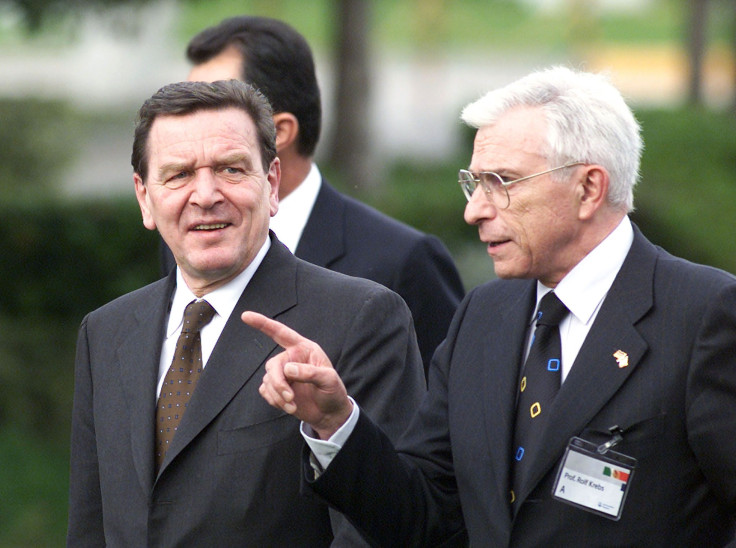Boehringer Ingelheim will invest $16 billion for medical R&D

A German pharmaceutical company has pledged to invest a total of €11 billion (AU$16 billion) in its new research and development (R&D) programme over the next five years.
Boehringer Ingelheim said it is aiming to develop the next generation of medical breakthroughs as well as venture in external collaborations to discover new medicines. Of its total investment, €5 billion (AUS$ 7 billion) will go to preclinical R&D, while €1.5 billion (AUS$ 2 billion) will be allocated for collaborations with external partners, the company announced.
The company said it is increasing its focus on collaborations so it can strengthen its core therapeutic areas while accessing the vast creative pool of global biomedical research through open innovation.
Open innovation has become a fundamental part of drug discovery, according to Boehringer Ingelheim. To provide starting points for drug discovery projects, the company has formed bilateral collaboration agreements with academic investigators and biotechnology companies and has engaged in private-public partnerships and crowdsourcing initiatives.
As part of these collaborations, Boehringer Ingelheim has partnered with Icahn School of Medicine at Mount Sinai, Massachusetts General Hospital, Scripps Research Institute and Weill Cornell Medicine to find novel therapeutic approaches for patients suffering from inflammatory bowel disease. The company has also recently signed exclusive agreements with Hanmi Pharmaceuticals in Korea to develop a third-generation EGFR-targeted therapy for lung cancer and with Circuit Therapeutics, California to apply the technique of optogenetics to find new treatments for psychiatric disorders and cardiometabolic diseases.
Boehringer Ingelheim also announced that it recently joined the G-protein coupled receptor Consortium, which plays an increasingly important role in medicines discovery by bringing together the best academic and industrial scientists in an unrestricted precompetitive field.
The company, with BioMed X Innovation Centre, said that they are bringing together outstanding scientists to an academic centre of excellence in Heidelberg to provide them with appropriate infrastructure and mentorship and work on new epigenetic approaches to chronic obstructive pulmonary disease.
In addition, the Boehringer Ingelheim Venture Fund, founded in 2010 with an initial financial commitment of €100 million (AUS$ 150 million), is currently investing in a portfolio of 13 different start-up companies with exciting new therapeutic ideas.
The new R&D strategy is part of Boehringer Ingelheim’s global strategy to be prepared for challenges in the pharmaceutical market. “This is another decisive step to position Boehringer Ingelheim for long-term growth. We are looking forward to addressing unresolved challenges in immunology, respiratory and cardiometabolic medicine, as well as in oncology, in diseases of the central nervous system and beyond,” said Professor Andreas Barner, Chairman of the Board of Managing Directors of Boehringer Ingelheim.
Contact the writer at feedback@ibtimes.com.au or tell us what you think below.





















